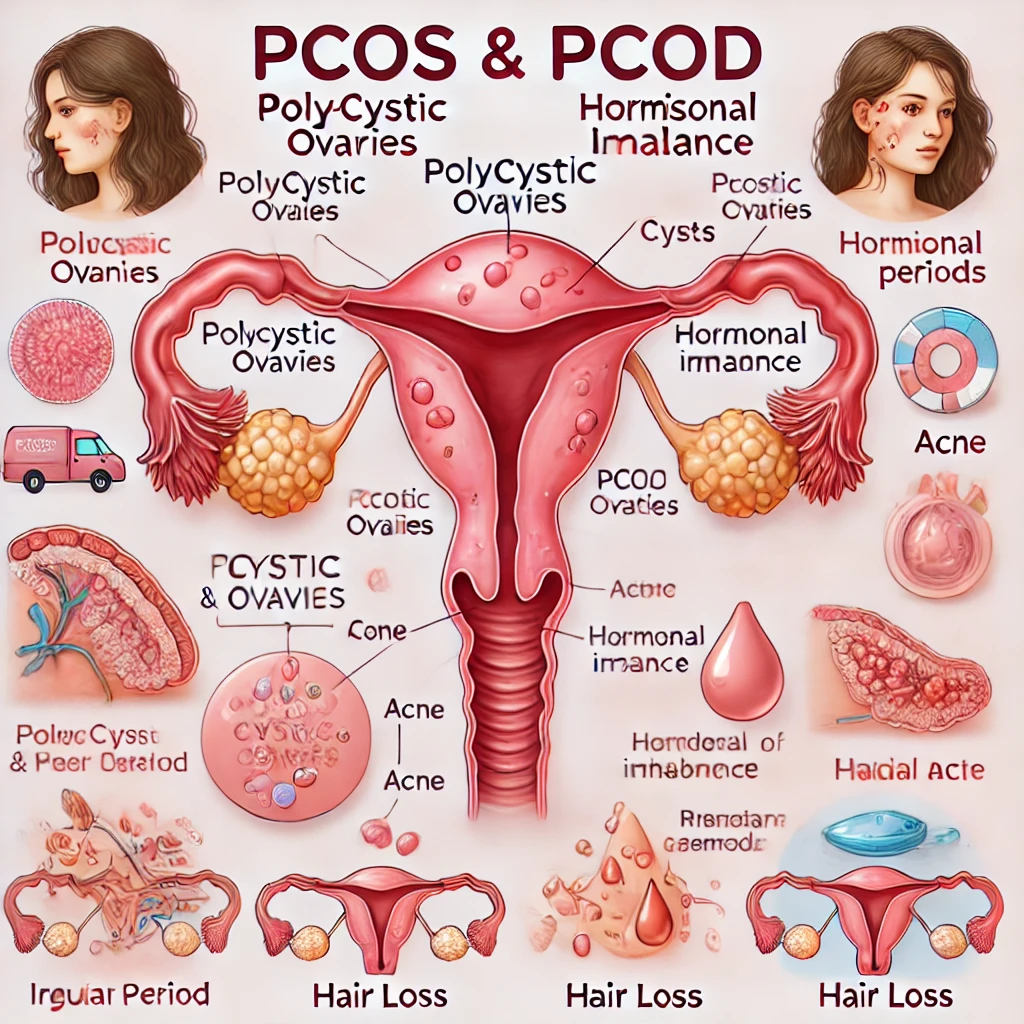Introduction
Imagine you and your partner are having yet another argument over the same issue. You love each other, but misunderstandings keep getting in the way. Relationships, no matter how strong, require effort and commitment. But what exactly makes a relationship healthy and sustainable? Learning how to maintain a healthy relationship is key to long-term happiness and emotional well-being.

In this guide, we explore what truly builds strong relationships, backed by psychological insights, expert advice, and real-world examples. Whether you’re in a new relationship or have been together for years, these strategies will help you create a meaningful and lasting bond. By implementing these tips, you can understand how to maintain a healthy relationship and avoid common pitfalls that lead to dissatisfaction.
Why Healthy Relationships Matter
A fulfilling relationship has numerous benefits, including:
- Better mental health – Emotional security reduces stress and anxiety.
- Increased longevity – Studies show strong relationships contribute to a longer life.
- Improved communication skills – A healthy partnership teaches conflict resolution and emotional intelligence.
- Greater life satisfaction – Support from a loved one enhances overall well-being.
Key Elements of a Healthy Relationship
1. Emotional and Physical Intimacy
- Prioritize quality time: Engage in activities you both enjoy.
- Physical connection matters: Small gestures like holding hands or hugs enhance bonding.
- Express appreciation: A simple ‘thank you’ fosters positivity.


2. Managing Conflicts Constructively
- Stay calm and respectful: Avoid blaming or yelling.
- Address the issue, not the person: Use ‘I’ statements instead of ‘You always…’.
- Compromise where necessary: Find solutions that work for both partners.
🔹 Example: Instead of escalating arguments, a couple introduced a ‘cool-off rule’ where they take 10 minutes before discussing heated topics.
3. Trust and Mutual Respect
- Trust grows with consistency: Keep your promises.
- Respect each other’s space and individuality.
- Support personal growth: Encourage each other’s ambitions and self-improvement.
4. Shared Goals and Values
- Align expectations: Discuss finances, family plans, and career aspirations.
- Celebrate milestones together: Small victories strengthen commitment.
- Stay adaptable: Change is inevitable, but growing together is key.
Common Challenges and How to Overcome Them
Long-Distance Relationships
- Schedule regular video calls and plan visits.
- Maintain trust through transparency.
- Engage in shared virtual activities like watching movies together.
Diminishing Passion
- Try new experiences as a couple.
- Prioritize date nights and surprise gestures.
- Keep communication open about desires and expectations.
External Stressors (Work, Family, Finances)
- Set boundaries to balance work and personal life.
- Make financial
The Science Behind Love and Relationship Success
- The Role of Oxytocin: Known as the ‘love hormone,’ oxytocin fosters bonding and trust.
- Attachment Styles: Understanding whether you have a secure, anxious, or avoidant attachment can improve relationship dynamics.
- The Gottman Ratio: Studies suggest a 5:1 ratio of positive to negative interactions sustains healthy relationships.
FAQs
1. How do you rebuild trust after a betrayal?
Rebuilding trust requires honesty, accountability, and consistent effort from both partners. Open communication and professional counseling can also help.
2. How often should couples communicate?
There’s no universal rule, but daily check-ins and open discussions about emotions and goals strengthen bonds.
3. Can a relationship survive without physical intimacy?
Yes, but both partners should agree on their needs and find alternative ways to maintain closeness, such as emotional bonding and shared activities.
4. How do you keep a relationship exciting?
Try new activities, travel together, engage in deep conversations, and surprise each other with thoughtful gestures.
5. What’s the biggest predictor of a healthy relationship?
Studies indicate emotional responsiveness, mutual respect, and effective communication as key indicators.
Conclusion
A healthy relationship doesn’t just happen—it’s built through consistent effort, trust, and genuine care. Small, everyday actions create the foundation for a love that lasts.
What steps are you taking to strengthen your relationship? Share your thoughts in the comments!
Reference:
Gottman Institute’s Research on Healthy Relationships
Ready to Stay Ahead? Bookmark our guide Technology and AI for updates!


